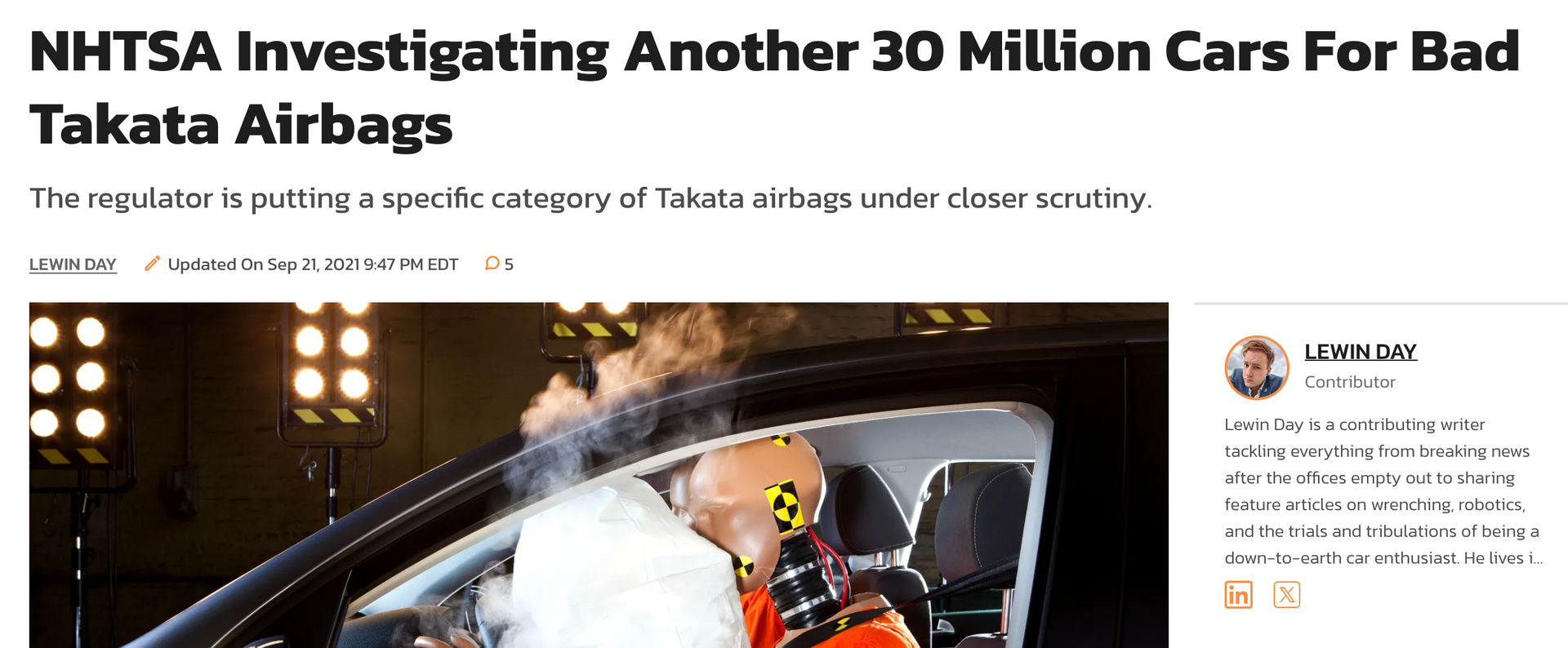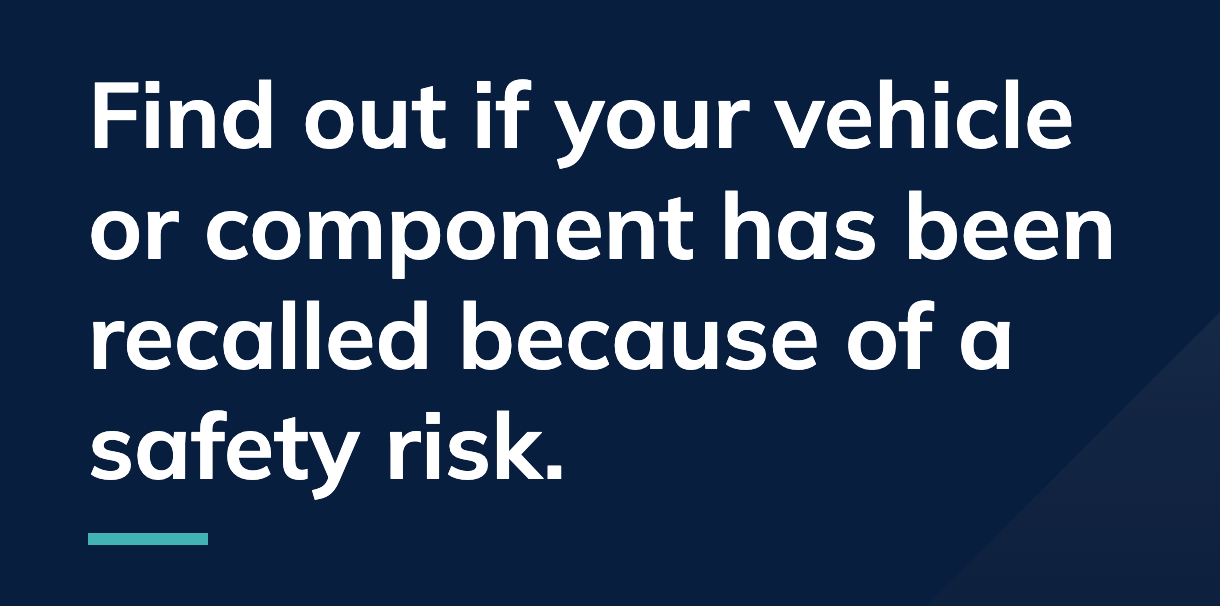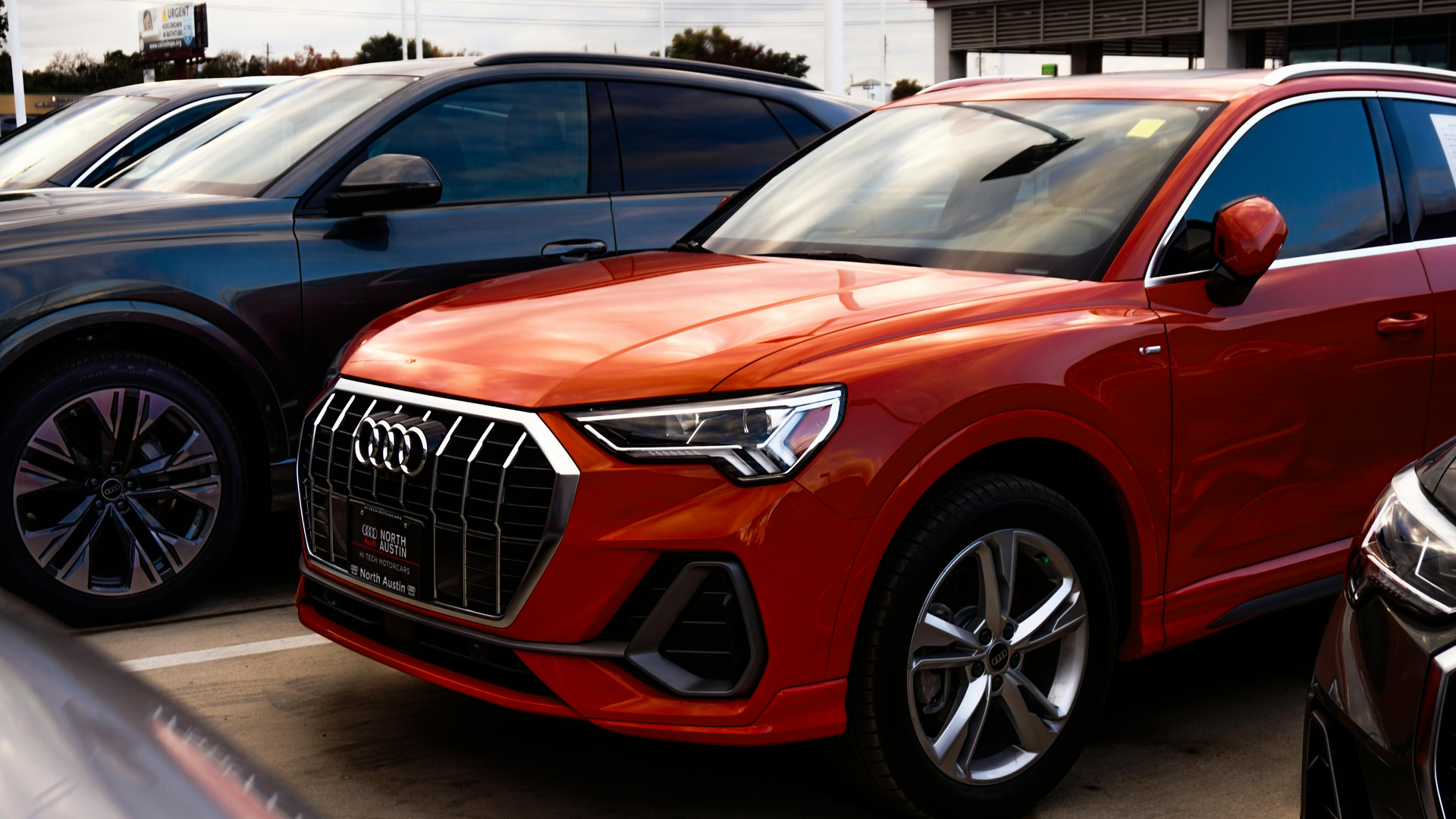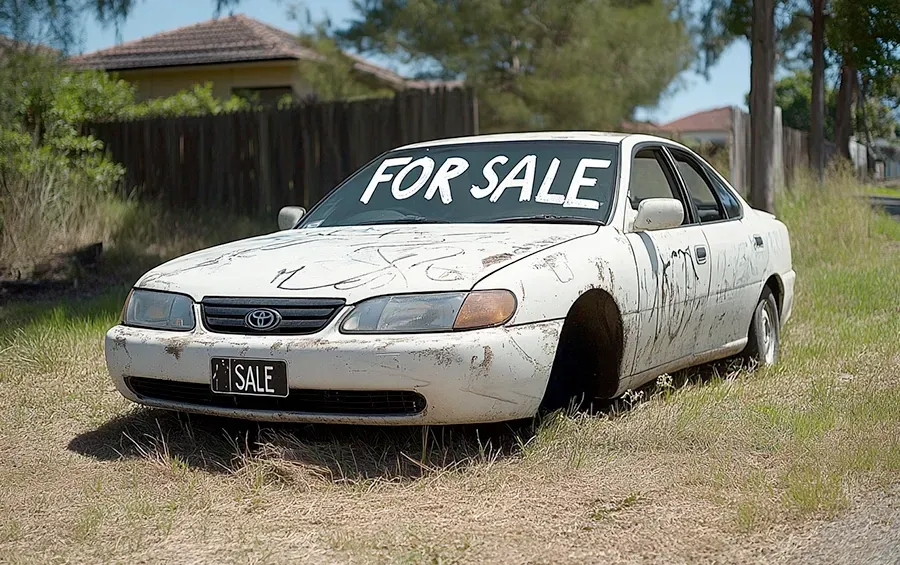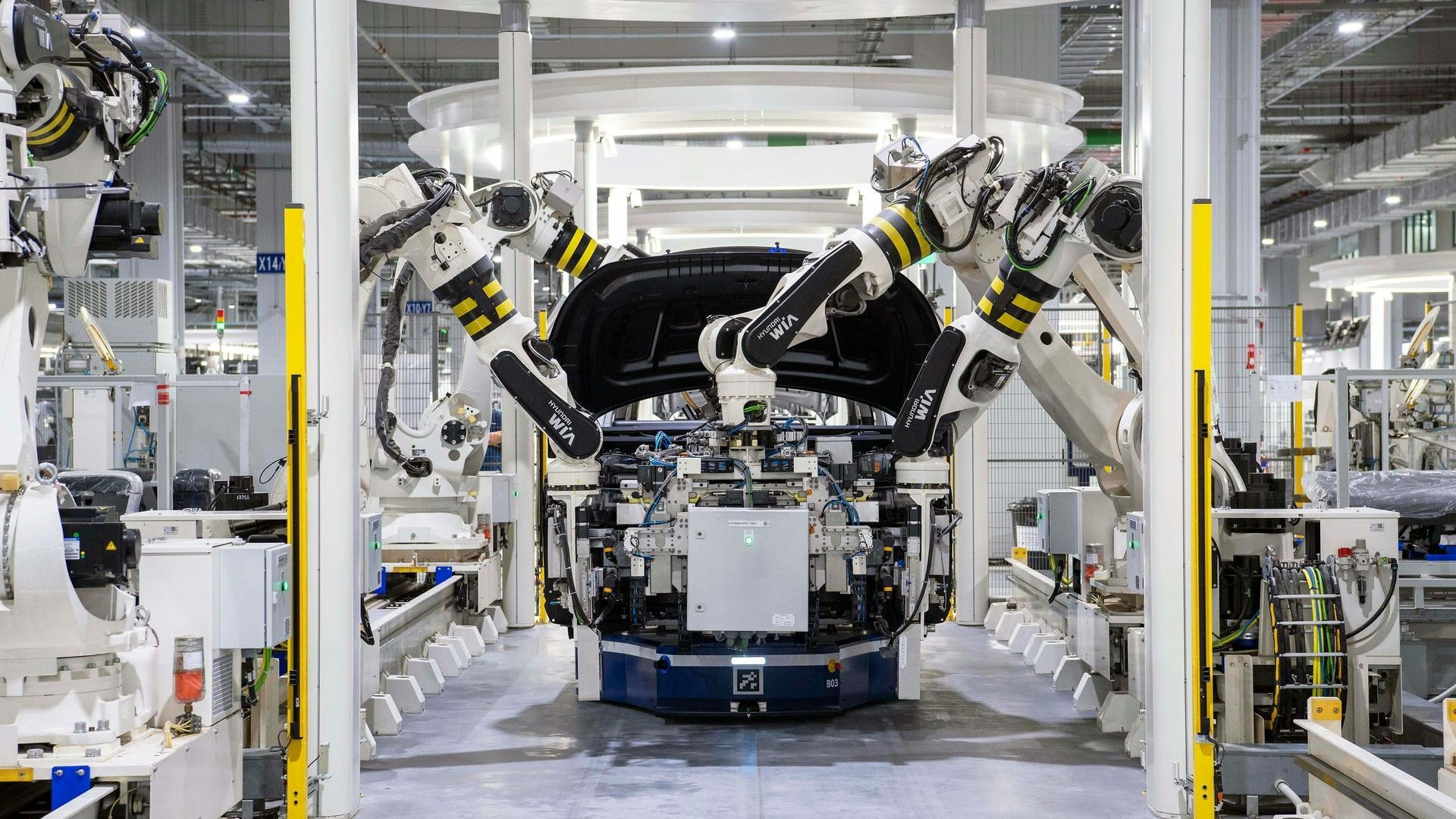
Selling a Car on Recall: What You Need to Know
A Guide on How to Sell a Recalled Car Safely
Published October 8th, 2024
Selling a recalled car can be tricky. Whether you're a private seller or a dealership, it's important to know the rules and legal requirements to protect both yourself and the buyer.
In this article, we’ll explore what a recall means, its effects, and examples of notable recalls to consider when selling a recalled vehicle.
What is a Vehicle Recall?
A vehicle recall occurs when a manufacturer identifies a defect or non-compliance with safety standards that could pose risks to drivers, passengers, or other road users.
Recalls can be initiated voluntarily by manufacturers or mandated by regulatory bodies such as the Australian Competition and Consumer Commission (ACCC) in Australia.
While airbag and brake recalls tend to get the most media coverage, tyre recalls are more frequent than many realise. Issues like bulging tread, tread separation, sidewall cracks, and air leaks have all prompted recalls due to the increased risk of accidents they pose.
Recalls for items such as child car seats, sunroofs, and steering wheels are also quite common. Even if these components aren't part of the vehicle itself, any recall can impact the safety of you and your passengers.
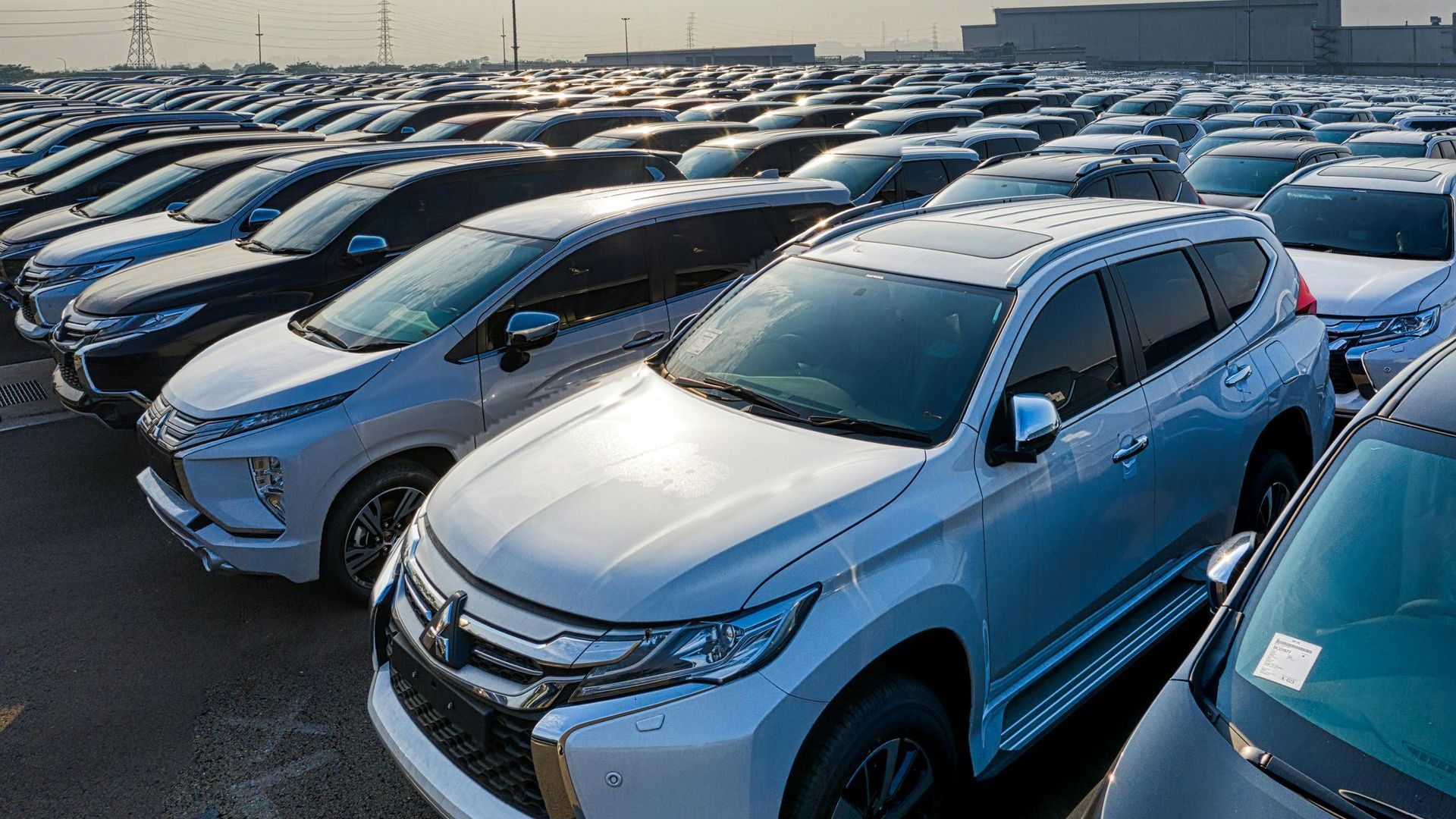
Effects of a Recall
1. Impact on Vehicle Value
A recall can quickly lower a car's resale value. Buyers may be hesitant to purchase a recalled car because of safety concerns, which can lead to longer selling times and lower offers. The last thing you want is buyings thinking they've bought a lemon.
2. Disclosure Obligations
In QLD and across Australia, sellers are legally required to disclose any recalls when selling a vehicle. You must let buyers know if a car has been recalled and whether the issue has been fixed.
Failing to do so could result in legal trouble or liability for future problems caused by the recall.
3. Warranty and Repair Costs
If the recall requires major repairs, the seller might need to fix the issue before selling. Some repairs are covered at no cost, which helps.
However, if the repairs are expensive, the seller has to decide if it's worth fixing or selling at a lower price.
4. Buyer Perception
Public perception can make selling recalled vehicles harder. Many buyers assume a recalled car is unsafe, even if the issue is minor.
This can hurt trust and make it tougher to justify the price. To overcome this, sellers should explain the recall and confirm any repairs were done to reassure potential buyers and get a fair deal.
Examples of Notable Recalls
Takata Airbag Recall
One of the most infamous recalls in automotive history is the Takata airbag recall. This global recall involved millions of vehicles equipped with defective airbags that could deploy unexpectedly, causing serious injury or even death.
The complexity and scale of this recall have had lasting effects on manufacturers, dealerships, and consumers alike.
The Takata airbag recall was largely successful in Australia, with over 99% of affected vehicles receiving replacement airbags. Honda, a key player in the recall process, had to address airbag issues in more than 143,000 of its vehicles
To fully understand the impact of the Takatas recall, check out the story below from TheDrive.com
Ford Explorer Tyre Recall
In 2000, Ford recalled the Explorer SUV due to concerns about tyre blowouts, which were linked to a number of accidents and why we often refer to them as the Ford Exploder, among other reasons.
The recall involved the replacement of Firestone tyres that were found to be prone to failure under certain conditions. This situation severely impacted the resale market for the affected vehicles, creating a significant drop in value.

General Motors Ignition Switch Recall
In 2014, General Motors faced a massive recall of vehicles due to faulty ignition switches that could inadvertently turn off the engine while driving, disabling power steering and airbags.
This defect was associated with numerous accidents and deaths. The fallout from this recall included lawsuits and a tarnished reputation, which affected the resale value of the affected models.
Selling a Recalled Vehicle: Best Practices
If you find yourself in the position of needing to sell a recalled vehicle, here are some best practices to follow:
1. Check Recall Status
Before listing your car for sale and prior to getting aRWC, check its recall status using the VIN (Vehicle Identification Number). The ACCC provides resources for checking recalls specific to vehicles in Australia.
Even if you are not selling, it's good car maintenance to check the recall list regularly.
2. Address the Recall
If the recall has not been resolved, consider taking it to an authorised dealer for repairs. This not only makes the car safer but can also enhance its resale value.
Provide documentation to potential buyers showing that the recall has been addressed.
3. Be Transparent
Honesty is crucial when selling a recalled vehicle. Clearly disclose any recall information to potential buyers and provide details about whether the issue has been resolved. Transparency builds trust and reduces the risk of future legal issues.
4. Set a Realistic Price
Given the impact of the recall on the vehicle's value, adjust your asking price accordingly. Research similar models on the market to determine a fair price that reflects the current condition and recall status.
5. Consult Legal Advice if Necessary
If you have concerns about liability or your obligations when selling a recalled vehicle, consider seeking legal advice. This can help ensure you comply with all regulations and protect your interests during the sale.
Final Thoughts
Selling a car on recall presents unique challenges that require careful consideration and action. Understanding the implications of a recall, knowing your obligations, and taking proactive steps can help you navigate the process more smoothly.
By being informed and transparent, you can protect both yourself and potential buyers while maintaining the integrity of the vehicle sale.
Frequently Asked Questions
What is a vehicle recall?
A recall is when a car manufacturer or safety authority identifies a defect in a vehicle that poses safety risks and needs to be repaired or replaced.
How will I know if my car has been recalled?
You will typically receive a notice from the manufacturer or dealership if the ownership details are up to date. You can also check by entering your vehicle's VIN on the manufacturers websites.
Do I have to pay for recall repairs?
No, recall repairs are free of charge. Manufacturers are required by law to cover the cost of fixing the defect.
Can I sell a car that has been recalled?
Yes, but you are legally required to disclose the recall status to the buyer. In some areas, you may need to provide proof that the recall issue has been fixed.
What happens if I ignore a recall?
Ignoring a recall can be dangerous since the defect could pose safety risks. Additionally, unresolved recalls may affect your ability to sell or trade in the vehicle and can also void related warranty items.
How long do I have to get a recall repair?
Recall repairs generally don’t have an expiration date, but it’s recommended to get the issue fixed as soon as possible for safety reasons. Recalls that affect a large amount of cars can take time to be booked in and rectified.
Can I continue driving my car if it has been recalled?
It depends on the severity of the recall. Some recalls are urgent and may require you to stop driving the car immediately, while others might allow for continued use until repairs are made.
What if my car is recalled, but I haven’t experienced any issues?
Even if you haven’t encountered problems, the recall indicates a potential risk that could affect safety in the future. It’s best to get the vehicle inspected and repaired.
How long does it take to fix a recalled car?
It depends on the nature of the recall. Some repairs take a few hours, while more complex fixes could take days or longer, especially if parts need to be ordered.
What if the manufacturer can’t fix my car’s recall?
If the defect cannot be remedied, manufacturers may offer compensation, such as a replacement vehicle or a buyback option.


